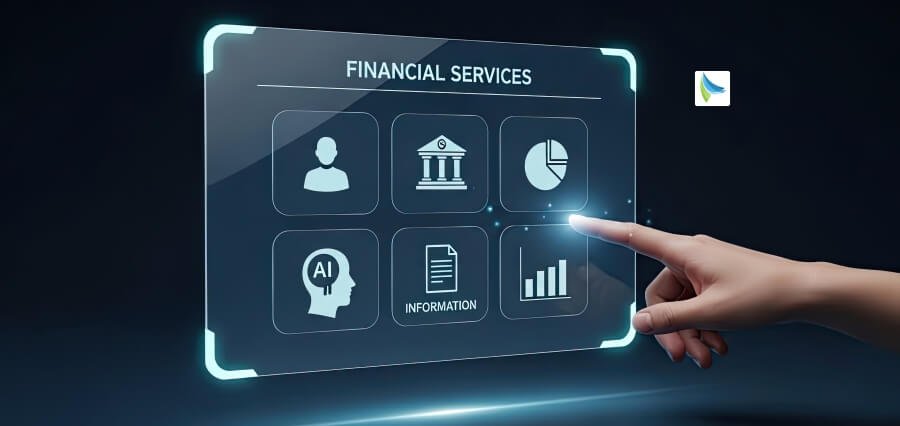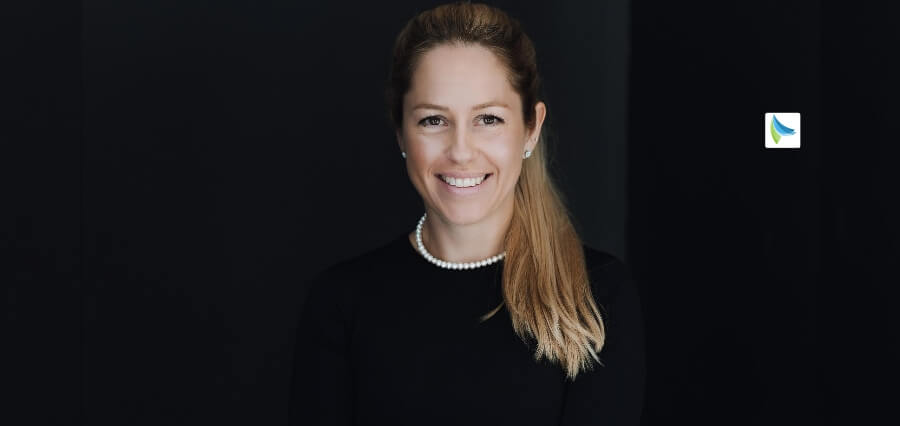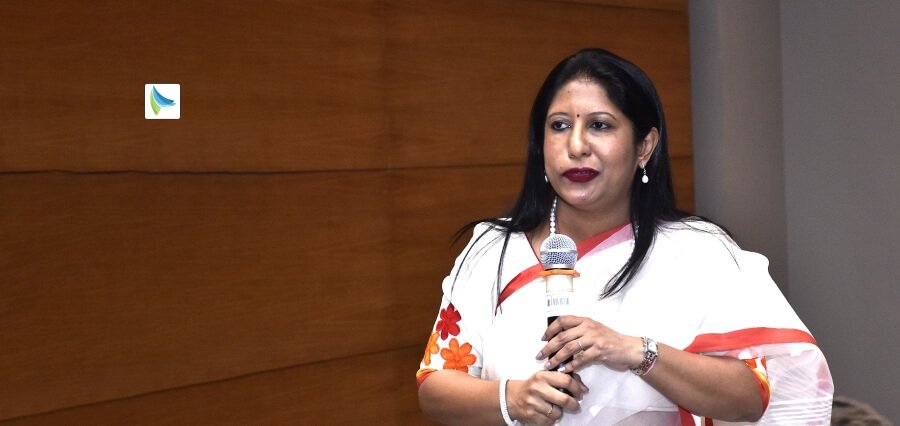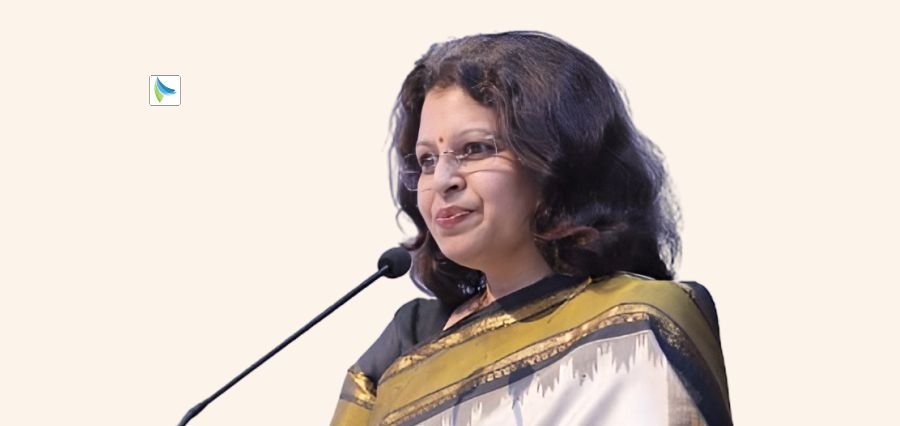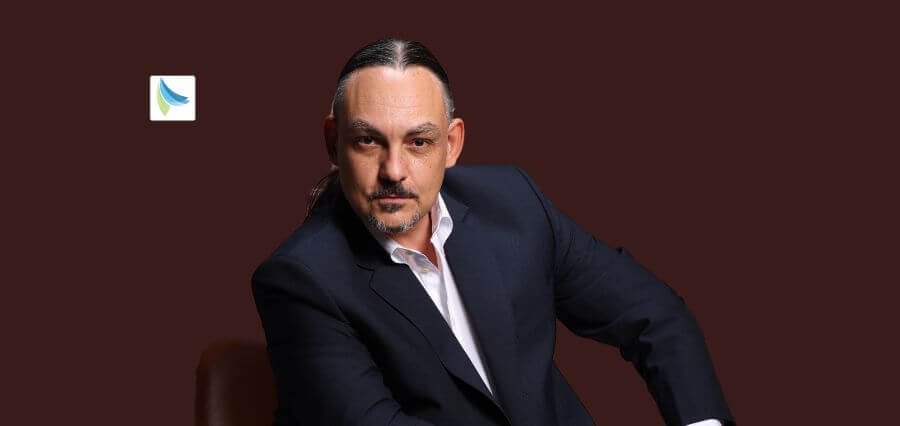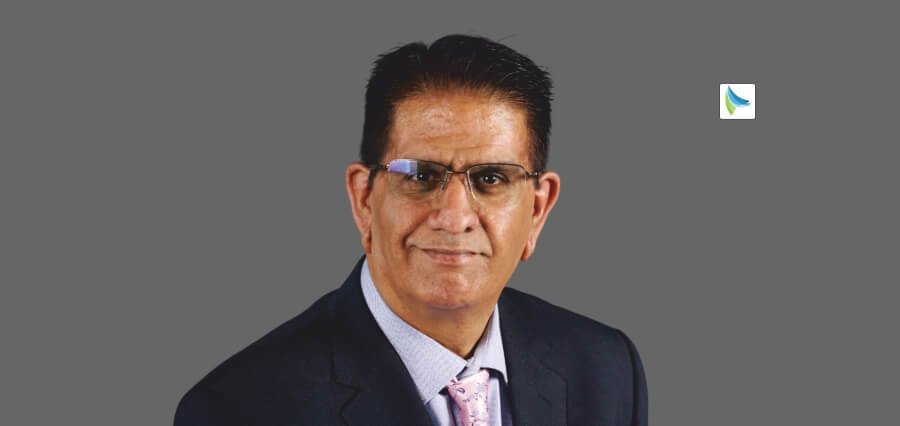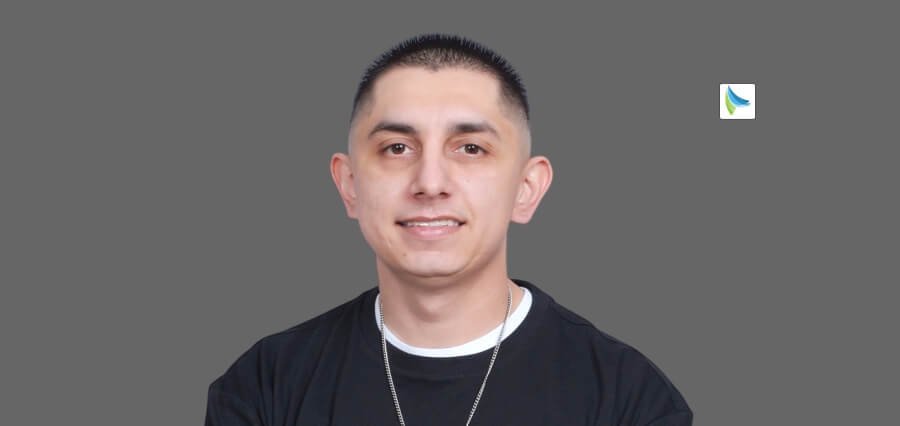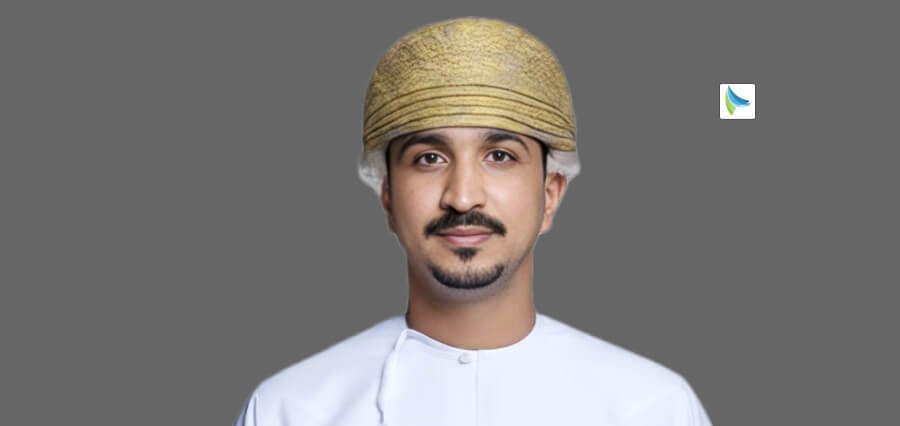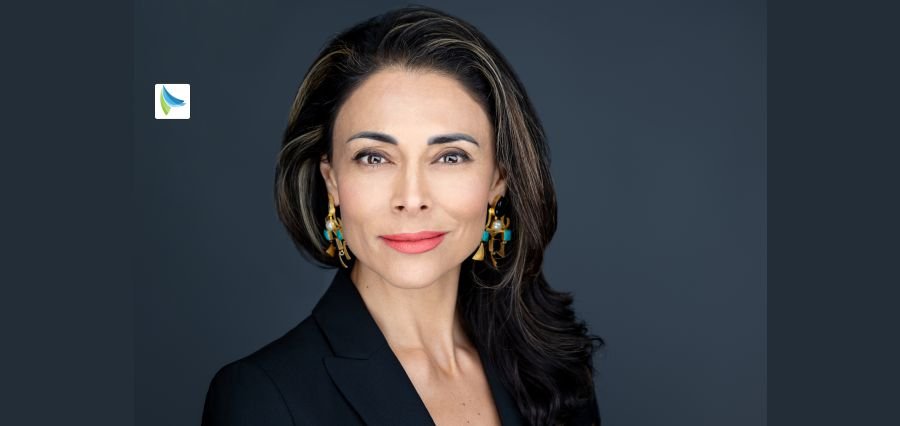In the era of artificial intelligence, a new kind of leadership is emerging, believes Nadia Dvoinos. However, many leaders coming from a traditional background find it hard to be able to meet the novel demands of this advanced tech age. It is where Nadia Dvoinos, recognized as one of UAE’s most impactful executive coaches to watch in 2025, comes in to guide those leaders in today’s digitally dynamic times.
In her coaching journey, Nadia Dvoinos coached numerous leaders across the globe. Thus, she can describe the current state of leadership in today’s business environment with deep insights.
From Hierarchies to Humanity: Why Today’s Leaders Must Unlearn to Evolve
According to her, leadership today is being completely redefined. Traditional models rooted in hierarchy, control and authority are no longer sufficient.
“We are witnessing a shift toward conscious leadership, characterized by presence, emotional intelligence, adaptability, and clarity,” she informs. Leaders are being called to hold paradoxes: to be fast and thoughtful, strategic and empathetic, driven and self-aware. It’s not just about managing performance – it’s about building cultures that are resilient, inclusive, and human. And with the rise of AI and rapid innovation, this balance becomes even more crucial. The leaders who thrive are those who can stay centred amidst complexity, lead with meaning, and listen just as much as they speak.
Curiosity Sparked the Journey: How Inner Breakthroughs Shaped a Global Coach
Coaching such varied leaders requires something more than experience. It requires a strong inspiration and a never-ending motivation. For Nadia, it all began with curiosity about human potential. After years of founding and leading companies in, media, and consulting, she realized the breakthroughs weren’t always strategic—they were psychological—mindset shifts. Courageous decisions. Clarity under pressure.
She started asking: What really helps people grow? “How do we unlock performance that’s sustainable and fulfilling?” Coaching became the natural next step. It allowed her to combine emotional intelligence with real-world strategy—to help leaders not just succeed externally but evolve internally.
Coaching the Human Behind the Title: Building Trust Through Presence and Authenticity
This approach is deeply personalized and intuitive. When asked how she begins building trust with a high-level executive who may be hesitant to be vulnerable, Nadia Dvoinos says that it starts with presence. Executives are accustomed to being evaluated—they rarely have spaces where they can be themselves. “I create that space.”
One where nothing has to be performed or proved. She asks questions that go beyond the surface—ones that reach the human behind the title. She doesn’t rush trust; she earns it. She meets them where they are. “And the more I bring authenticity to the space, the more permission it gives them to do the same.”
Beyond the Boardroom: Emotional Intelligence as a Strategic Imperative
Nadia Dvoinos furthers that there are some of the most common blind spots she helped executives recognize—and then guided them through those moments of realization. A big one is their impact. Many leaders underestimate how their presence, tone, silence, and energy shape the room. Another is over-functioning.
They feel the need to solve everything, forgetting the power of trust and delegation. “In coaching, we pause. Reflect. I help them reconnect with who they want to be as a leader, not just what their title expects. These insights don’t come from advice; they come from awareness. Once they see it, they can’t unsee it.”
AI Can’t Empathize: The Growing Need for Human-Centred Leadership
Most often, Nadia Dvoinos helps her client in fitting emotional intelligence into their leadership equation in an age dominated by AI, data, and rapid innovation. She insists, “It’s more critical than ever.” AI can optimize tasks, but not relationships. It can analyze, but it can’t empathize. Emotional intelligence is the bridge between performance and humanity. It allows leaders to navigate change, motivate teams, hold complexity, and connect meaningfully.
“As tech accelerates, our need for human-centred leadership grows.” It’s not tech or people—it’s both, integrated wisely. The best leaders utilize AI to streamline but rely on emotional intelligence to truly lead.
The Cultural Lens: Why One-Size-Fits-All Coaching No Longer Works
Nadia Dvoinos’ work across diverse cultural landscapes and is an ardent believer that, today, cultural intelligence shapes more than coaching experience and outcomes. “Culture shapes everything: how trust is built, how feedback is given, how leadership is perceived. I don’t coach through my lens; I start by understanding theirs.” Each engagement is unique. What’s praised in one context might be misunderstood in another. Cultural intelligence means asking, listening, and adapting. When coaching honours the environment, it creates deeper relevance and greater change.
Nadia Dvoinos’ take on burnout on the executive level is often a signal, not just of overwork, but of misalignment. Executives often run on default settings until something breaks.
Insight Over Instruction: Coaching for Awareness, Not Advice
It is why her coaching moves beyond surface-level wellness to address deeper, systemic imbalances. It helps them pause and examine: “Are my values reflected in my day-to-day? Is this success actually fulfilling? What boundaries need to be reset? We work not just on managing stress, but on redesigning systems (internal and organizational) to support clarity, vitality, and sustainable impact.” Burnout isn’t a weakness. “It’s an invitation to rewire how we work and lead.”
Burnout as a Beacon: Rewiring Leadership for Fulfilment and Alignment
At this point, Nadia Dvoinos shares a transformational coaching story that challenged her and deeply moved her. She recalls: “One leader came to me at the edge of burnout. Externally, everything looked perfect: a successful career and a respected role, but internally, she was running on empty. We didn’t start with a strategy. We started with stillness. Slowly, she reconnected to what mattered. She let go of the masks, restructured her team, and began leading from her values, not fear. What moved me most wasn’t the outcome but the honesty and courage it took to step into real alignment. That’s where transformation begins.”
The coaching industry has grown exponentially. In such a scenario, Nadia Dvoinos believes that some unique traits set apart an excellent coach from a good one. An excellent coach doesn’t just ask good questions – they hold the mirror with care and courage. They don’t rush insight; they create the conditions for it. They’re present, intuitive, and grounded. They don’t try to fix it, but they help you remember your own power. And they walk their talk. Great coaches are constantly evolving because they understand that leadership begins with self-awareness.
Performance Meets Purpose: Reimagining Success in the Modern Business World
She explains it further. “We no longer have to choose between performance and well-being.” The most effective leaders today recognize that sustainable success requires both. Business today is more complex, more human, and more interdependent than ever. That’s why human-centred leadership isn’t just a soft skill – it’s a strategic advantage.
Coaching plays a crucial role in this regard. It helps leaders develop self-awareness, emotional resilience, and clarity, especially when navigating uncertainty or transformation. In fast-paced environments, coaching creates space for deeper reflection, stronger decision-making, and better communication.
“It’s also time we normalize that asking for support doesn’t mean you’re falling behind.” It means you’re invested in your own growth and serious about leading well. The best leaders don’t go it alone. They stay curious, open, and committed to evolving alongside their teams.
The Future is Feeling: Why Emotionally Intelligent Leaders Will Define What’s Next
Looking ahead, Nadia Dvoinos says that the future belongs to emotionally intelligent leaders who integrate innovation with humanity. “We’ll see more conscious organizations – ones that centre purpose, adaptability, and psychological safety.” She sees herself building bridges between technology and coaching, helping leaders stay human in the age of AI. “I’ll continue to coach, teach, and build ecosystems that elevate leadership from the inside out.”




